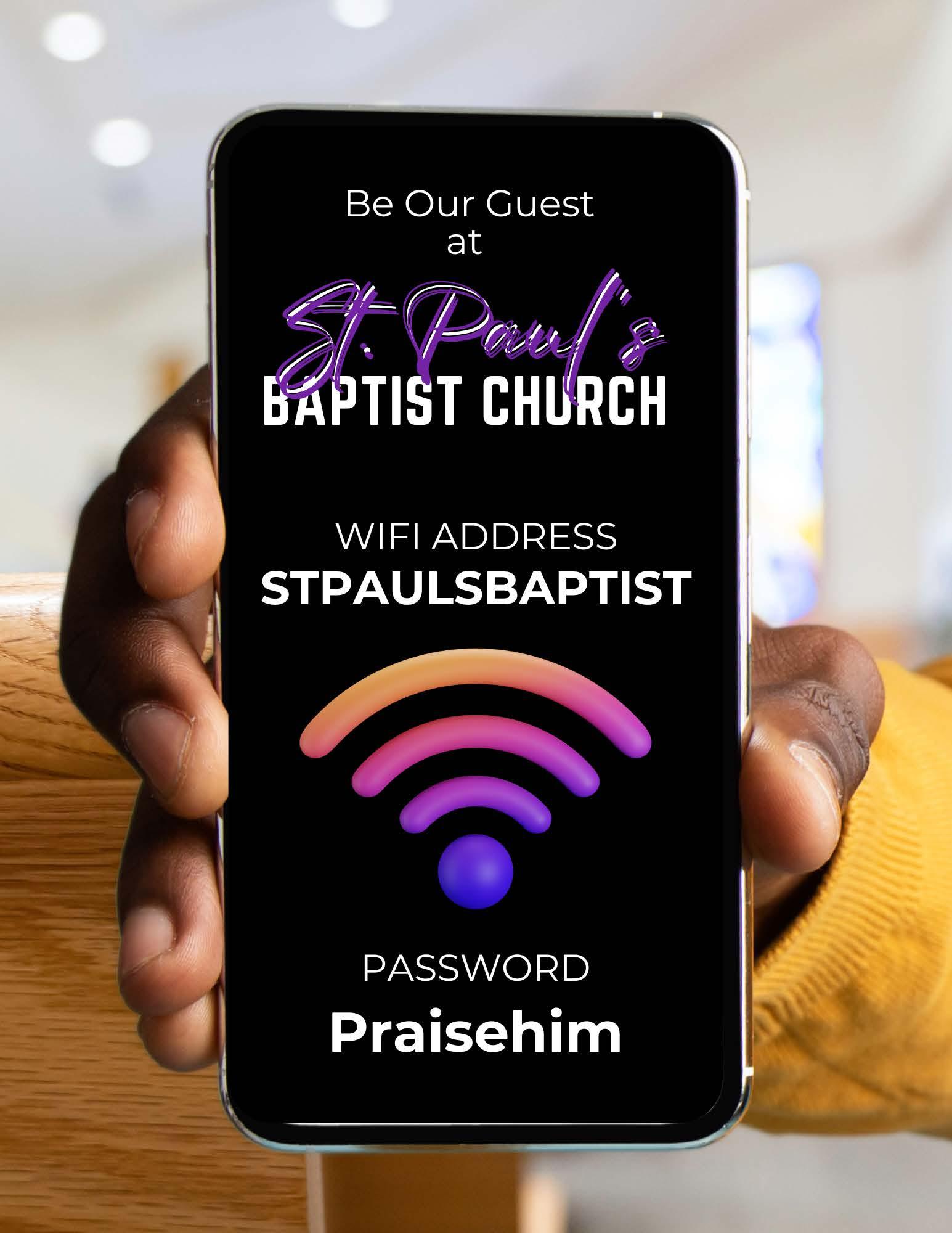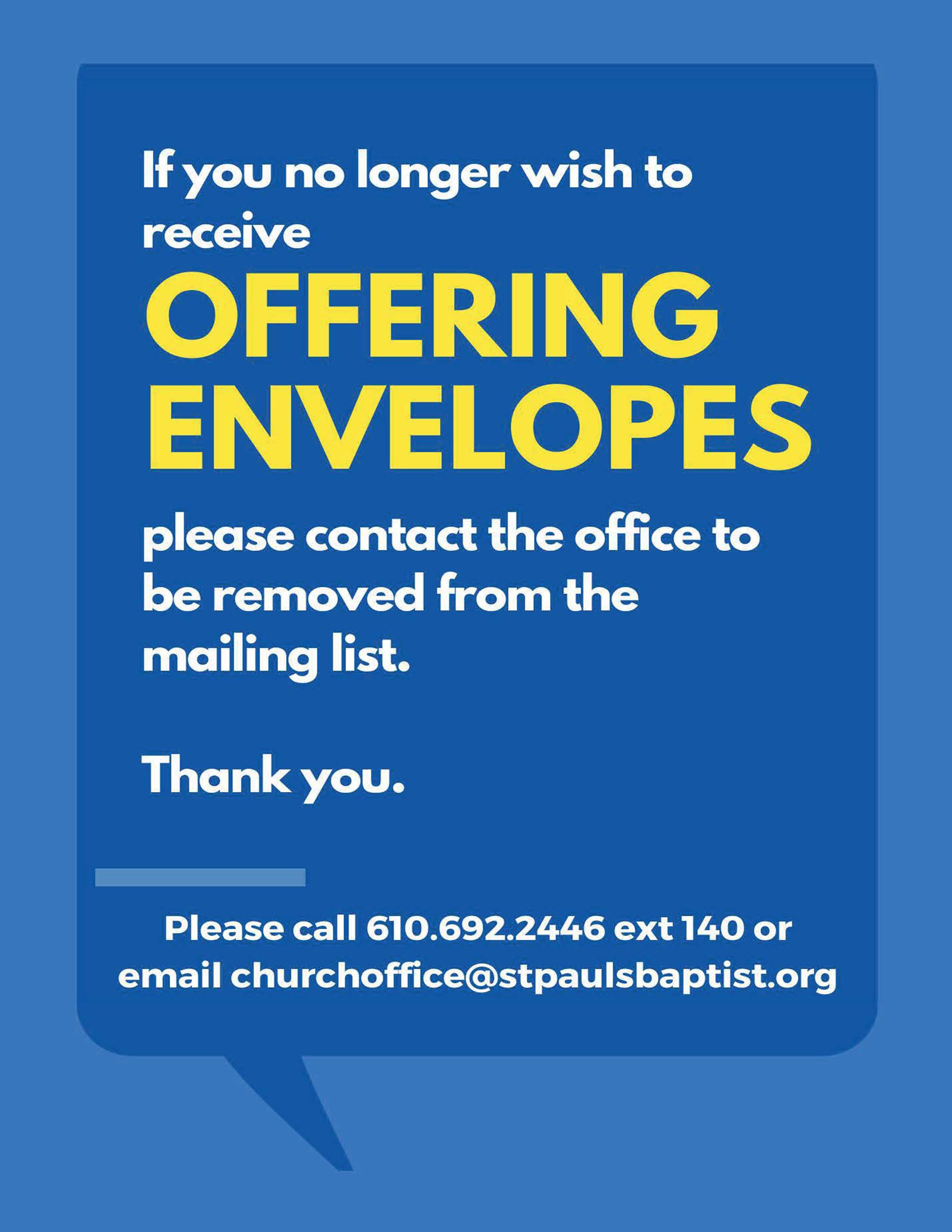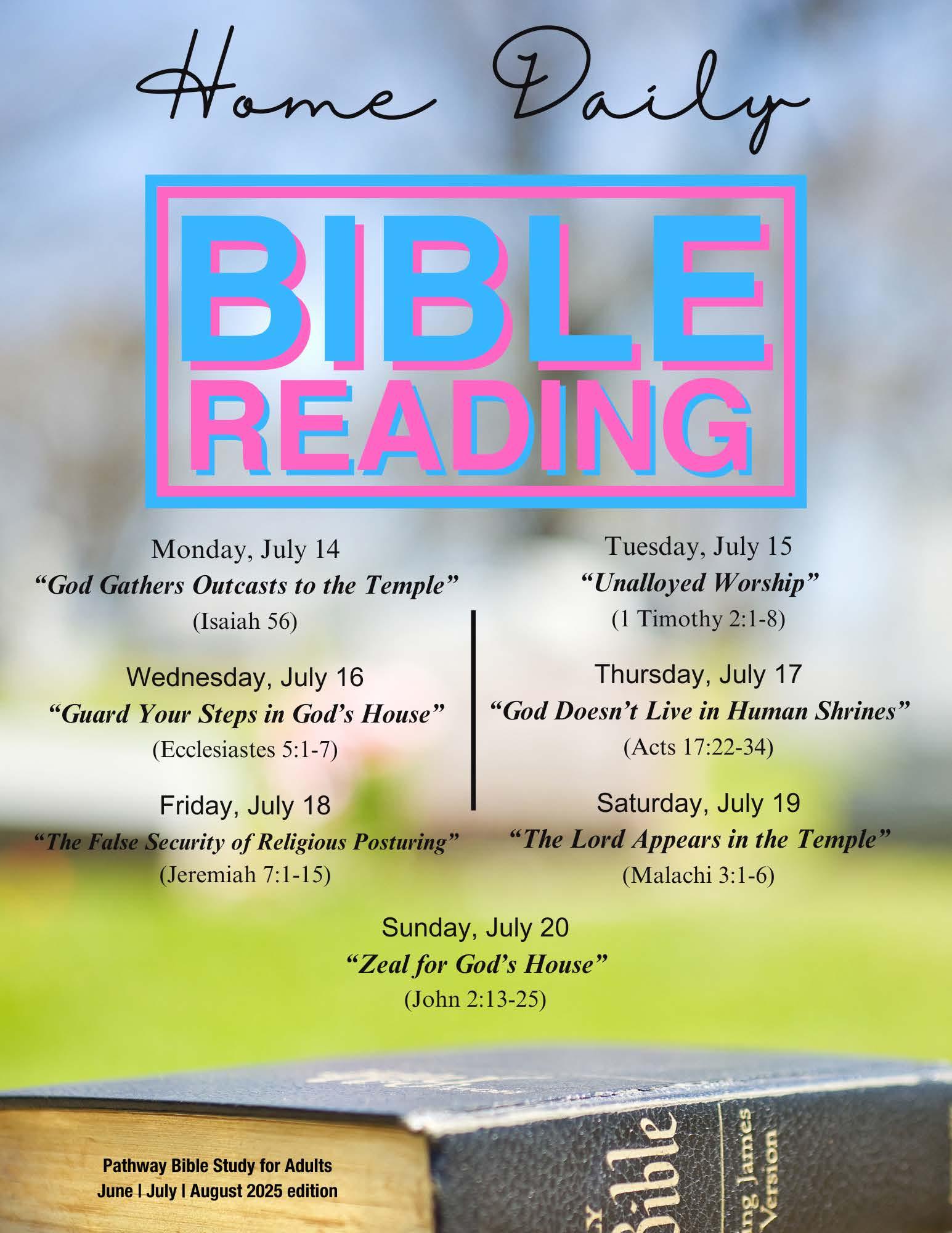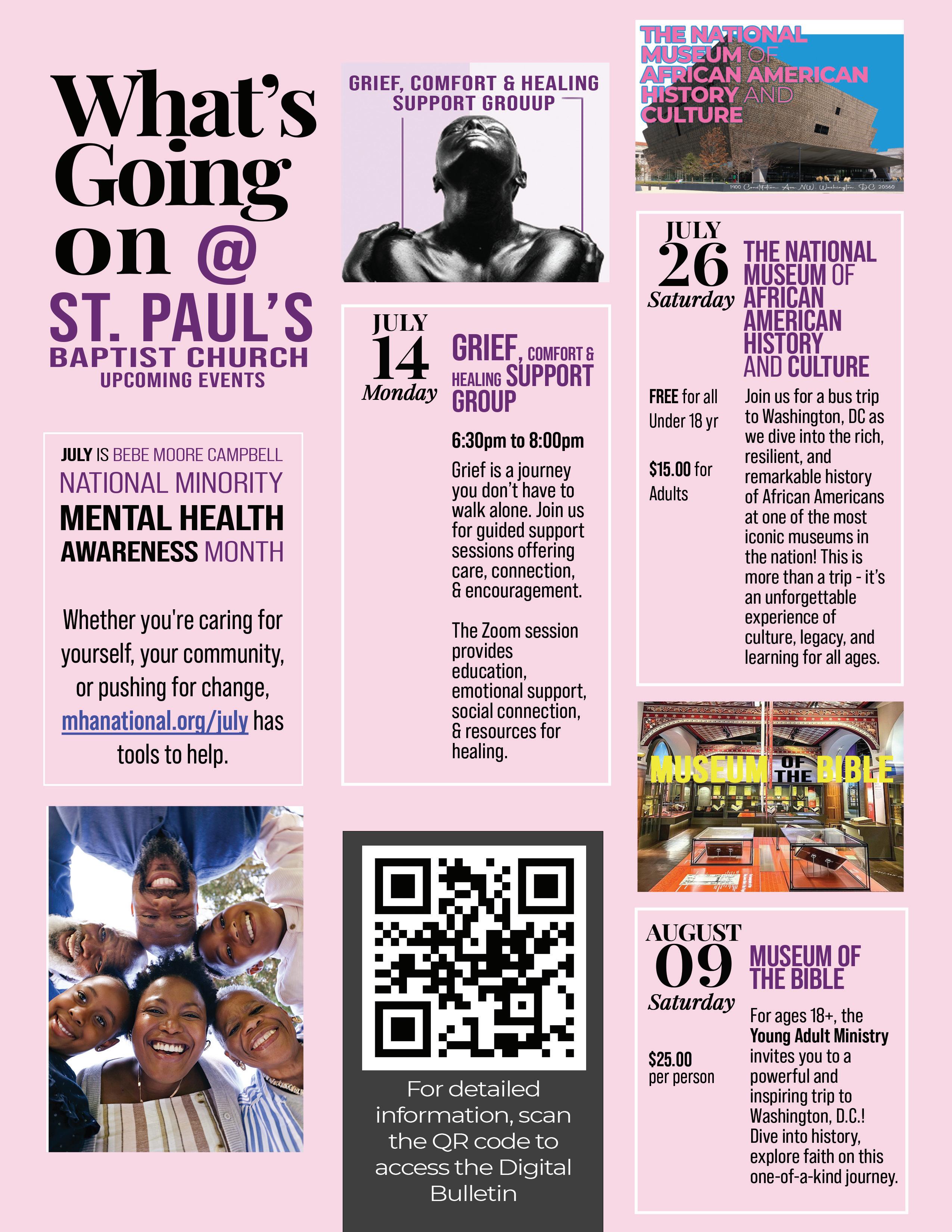














“A Gift Grows in the Ghetto: Reimagining the Spiritual Lives of Black Men” by Jay-Paul Michael Hinds
“A Healing Journal for Black Men” by Danny Angelo Fluker Jr.
“And Then We Rise: A Guide to Loving and Taking Care of Self” by Common
“Between the World and Me” by Ta-Nehisi Coates
“Bipolar Faith: A Black Woman’s Journey with Depression and Faith” by Monica A. Coleman
“Black Pain: It Just Looks Like We’re Not Hurting” by Terrie M. Williams
“Breaking Through” by Chamique Holdsclaw
“Decolonizing Therapy” by Jennifer Mullan, Psy.D.
“Healing Racial Stress Workbook for Black Teens” by Jessica S. Henry, Ph.D.; Farzana T. Saleem, Ph.D.; Dana L. Cunningham, Ph.D.; Nicole L. Cammack, Ph.D.; Danielle R. Busby, Ph.D.
“How We Heal” by Alexandra Elle
“Nobody Knows the Trouble I’ve Seen: The Emotional Lives of Black Women” by Inger Burnett-Zeigler, Ph.D.
“Playing Hurt” by John Saunders
“Racial Wellness” by Jacquelyn Ogorchukwu Iyamah
“Rest is Resistance” by Tricia Hersey
“Sisterhood Heals” by Joy Harden Bradford, Ph.D.
“Sleepless Nights” by Marques Ogden
“The Other Wes Moore” by Wes Moore
“The Unapologetic Guide to Black Mental Health” by Rheeda Walker, Ph.D.; Na’im Akbar, Ph.D.
“Who I Always Was” by Theresa Okokon
“72 Hour Hold” “Brothers and Sisters”
“Singing in the Comeback Choir” “Successful Women, Angry Men: Backlash in the Two-Career Marriage”
“Sweet Summer: Growing Up With and Without My Dad”
“What You Owe Me”
“Your Blues Ain’t Like Mine”
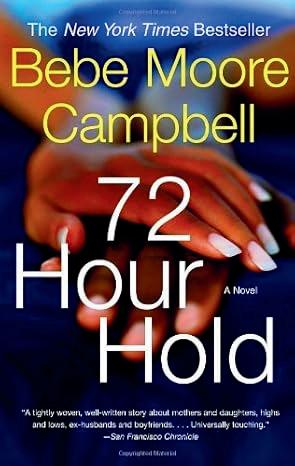
Children’sBooks
“I Get So Hungry” “Sometimes My Mommy Gets Angry”
“Stompin’ at the Savoy”
Yourvoiceisapowerfultoolformentalhealthadvocacy,andyoudon’tneedatitleora megaphonetohaveanimpact.Changecanstartwithaone-on-oneconversation,ashared flyer,orasimplequestion:“Whatsupportwouldhelpyoufeelseen?”
Ask HR to include mental health resources in internal emails or newsletters, or display them in common areas
Encourage leadership to offer mental health days or flexible schedules during high-stress times
Use employee resource groups (ERGs) or staff meetings to start conversations about what support looks like, especially across different cultures and communities
Drop off flyers or hang posters at places where people gather, like barbershops, salons, places of worship, grocery stores, or laundromats
Work with local community groups, clinics, or businesses to host mental health screenings, healing circles, or storytelling events
Attend public meetings in your community and speak up about the need for access to mental health care
Recommend wellness options like journaling corners, healing circles, or quiet spaces for rest
Advocate for mental health staff who reflect and understand the students they serve
Encourage training on positive discipline and restorative justice
Share screening tools and culturally relevant mental health resources with students, families, and faculty
Join Mental Health America’s Advocacy Network to get notifications about action alerts. These alerts are an easy way to contact your legislators and support mental health access by communicating online
Contact your local Mental Health America affiliate to see how you can support them

Learnmore:mhanational.org/bipoc Takeafreementalhealthtest: mhascreening.org
Each July, we honor the legacy of author, advocate, and trailblazer Bebe Moore Campbell by recognizing Bebe Moore Campbell National Minority Mental Health Awareness Month (also known as BIPOC Mental Health Month).
Moore Campbell’s ability to tell impactful stories highlighting themes of racism, mental health, and family left a lasting mark on this world and is a foundation for much of the work that continues in support of Black, Indigenous, and people of color (BIPOC) mental health.
Throughout her work, Moore Campbell did not shy away from the realities of what it meant to live as a Black person in America. Her book, “Your Blues Ain’t Like Mine,” was inspired by the murder of Emmett Till and was deemed as one of the most influential books of 1992 by the New York Times. Moore Campbell continued to write of real events that impacted Black and marginalized communities, such as her work in “Brothers and Sisters,” which takes place in Los Angeles following the Rodney King riots. By highlighting these issues, Moore Campbell brought themes of environmental impact, race, and community connections to the forefront of American literature.
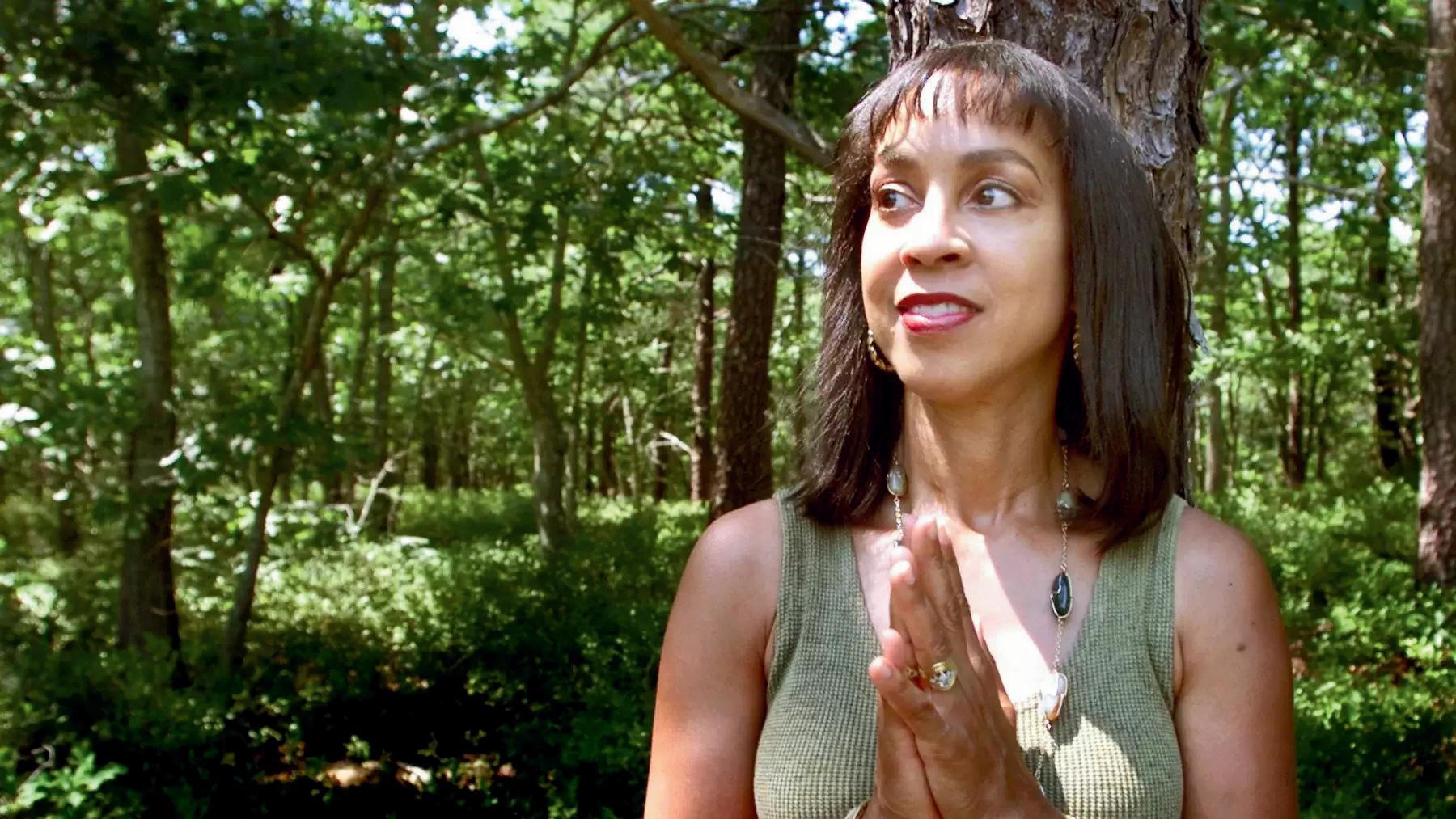
Her early books drew attention to the harsh realities of racism and the way that this continued trauma can show up in everyday life. Her later books continued with similar themes and included strong ties to mental health, as well as the importance of community bonds, leaning on family and friends, and finding support during an individual’s treatment and recovery journey. Additionally, through her advocacy efforts, Moore Campbell continued to engage with community members, connect individuals to support networks, and create spaces that were truly inclusive for those within them.
Moore Campbell passed away on Nov. 27, 2006, but through her powerful storytelling, advocacy, and strong community roots, fellow advocates continued her fight. Mental Health America honors her unforgettable legacy each July by releasing an outreach toolkit and campaign that gives individuals throughout the country the tools they need to educate themselves and others. Her legacy lives on, providing a powerful foundation for marginalized communities to thrive and be known.
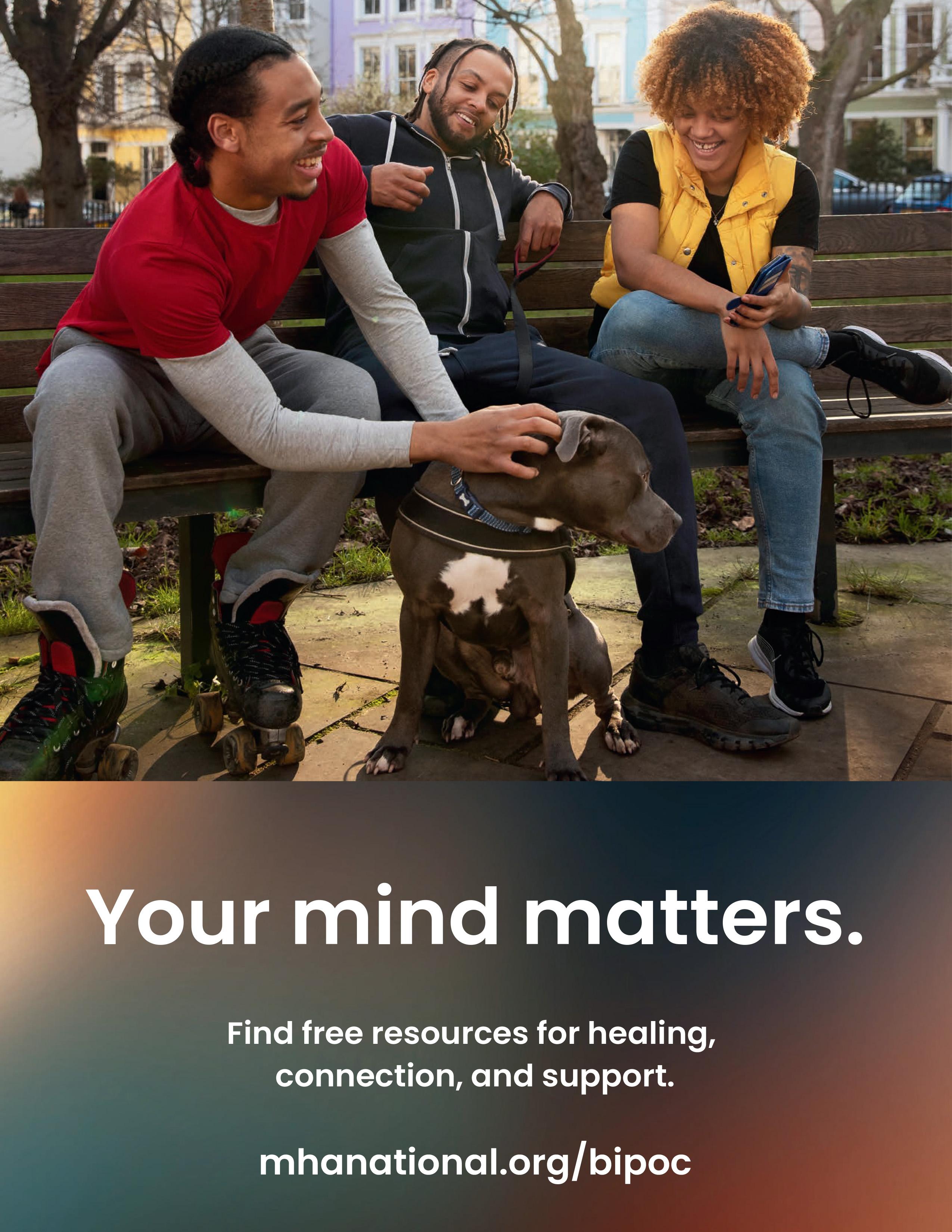
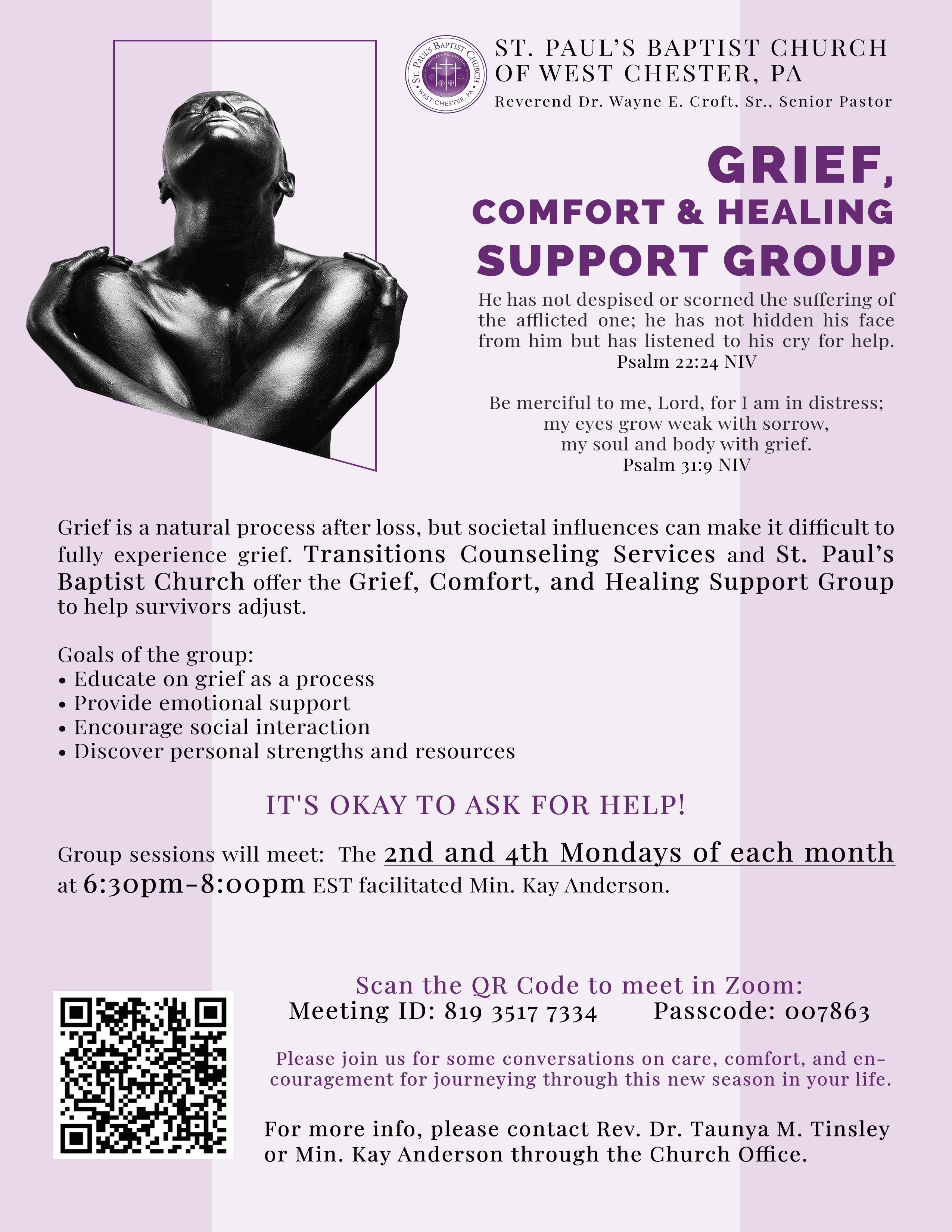





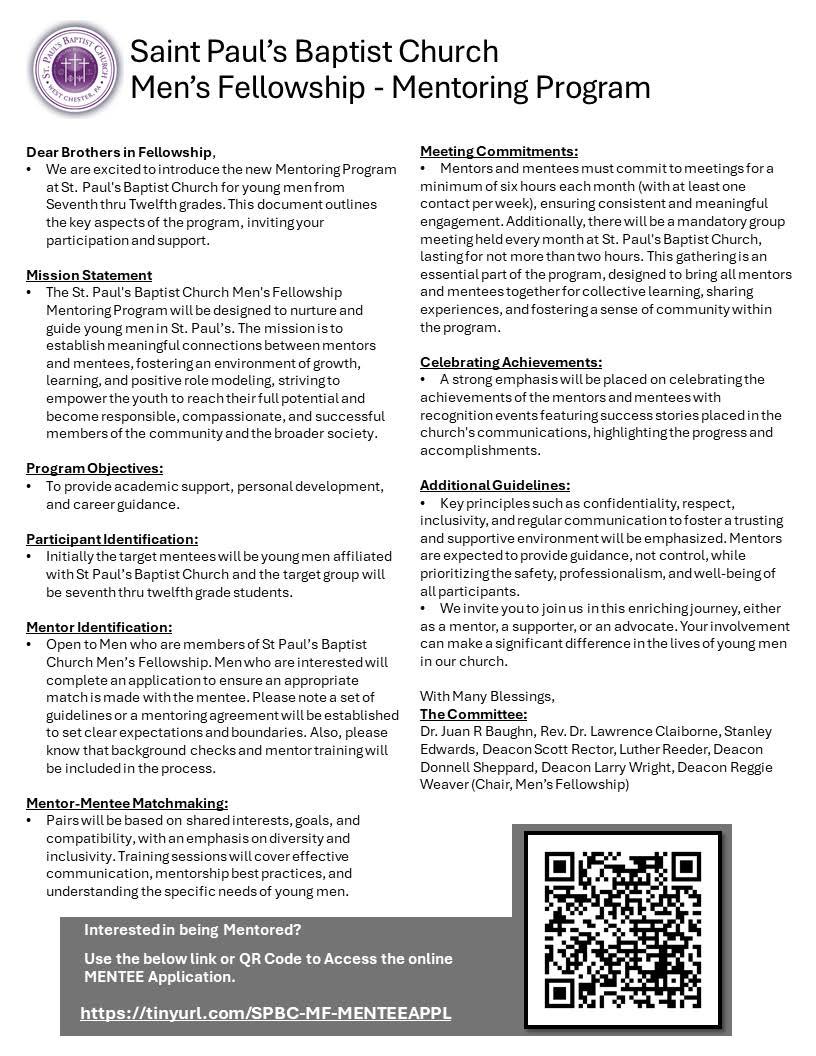
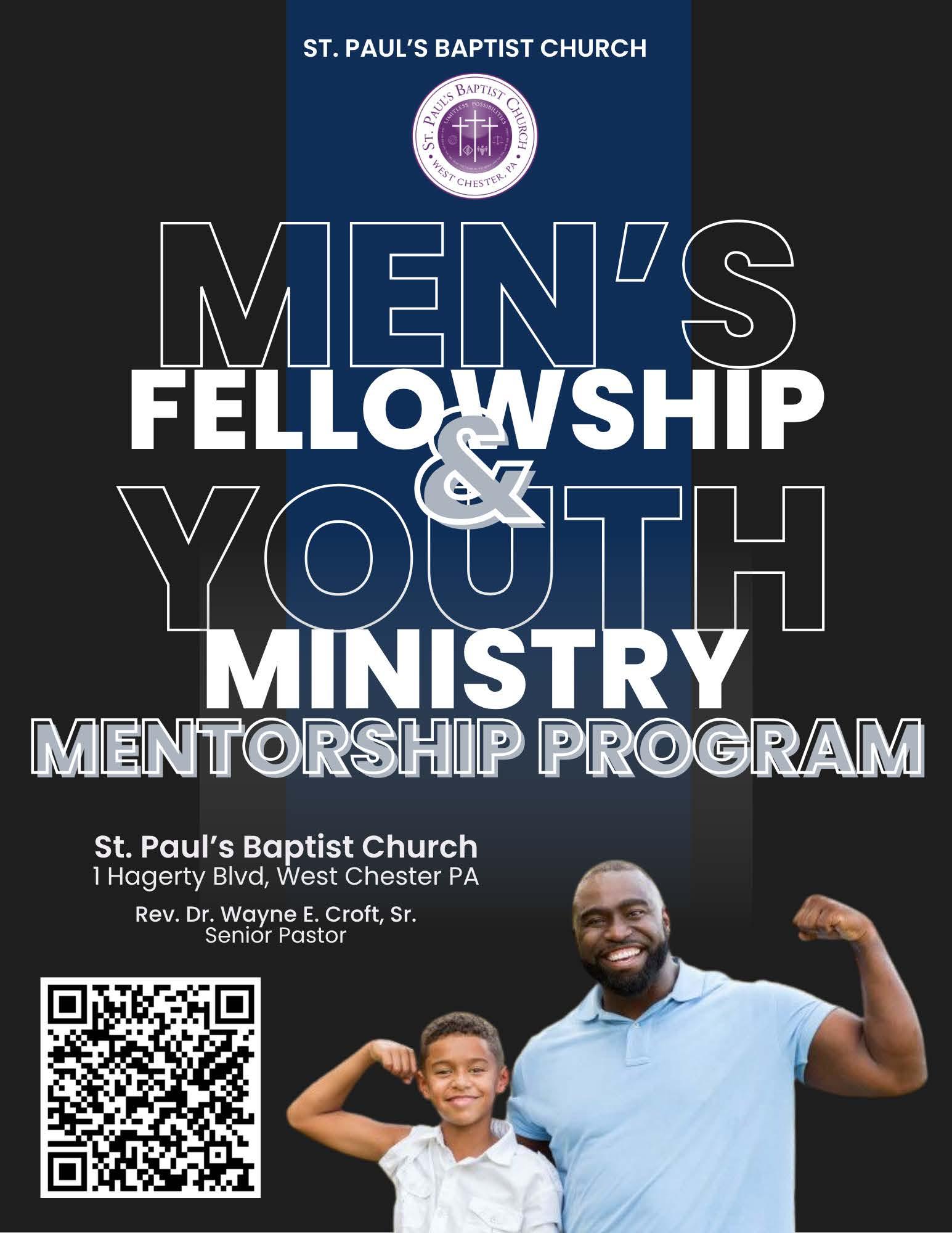

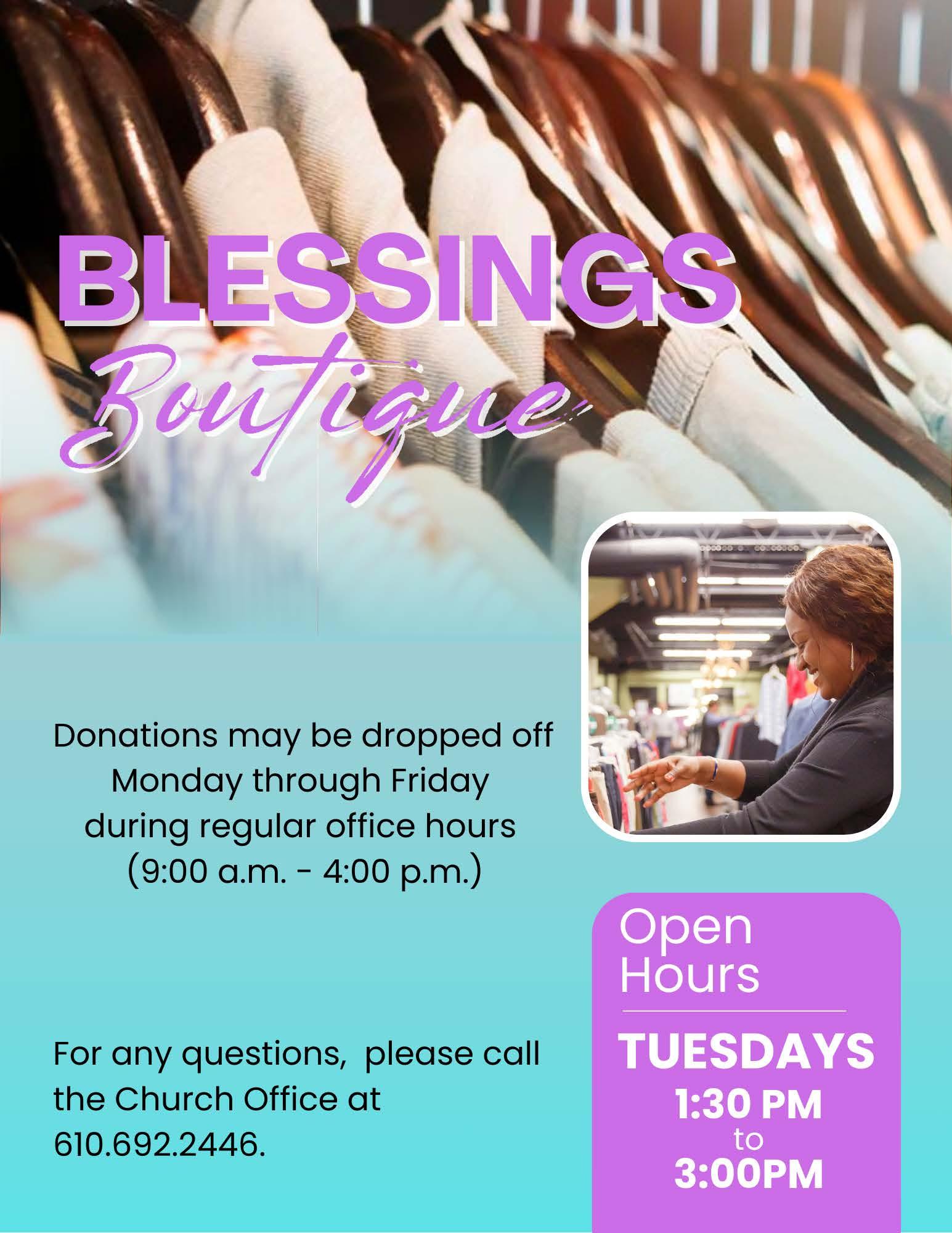


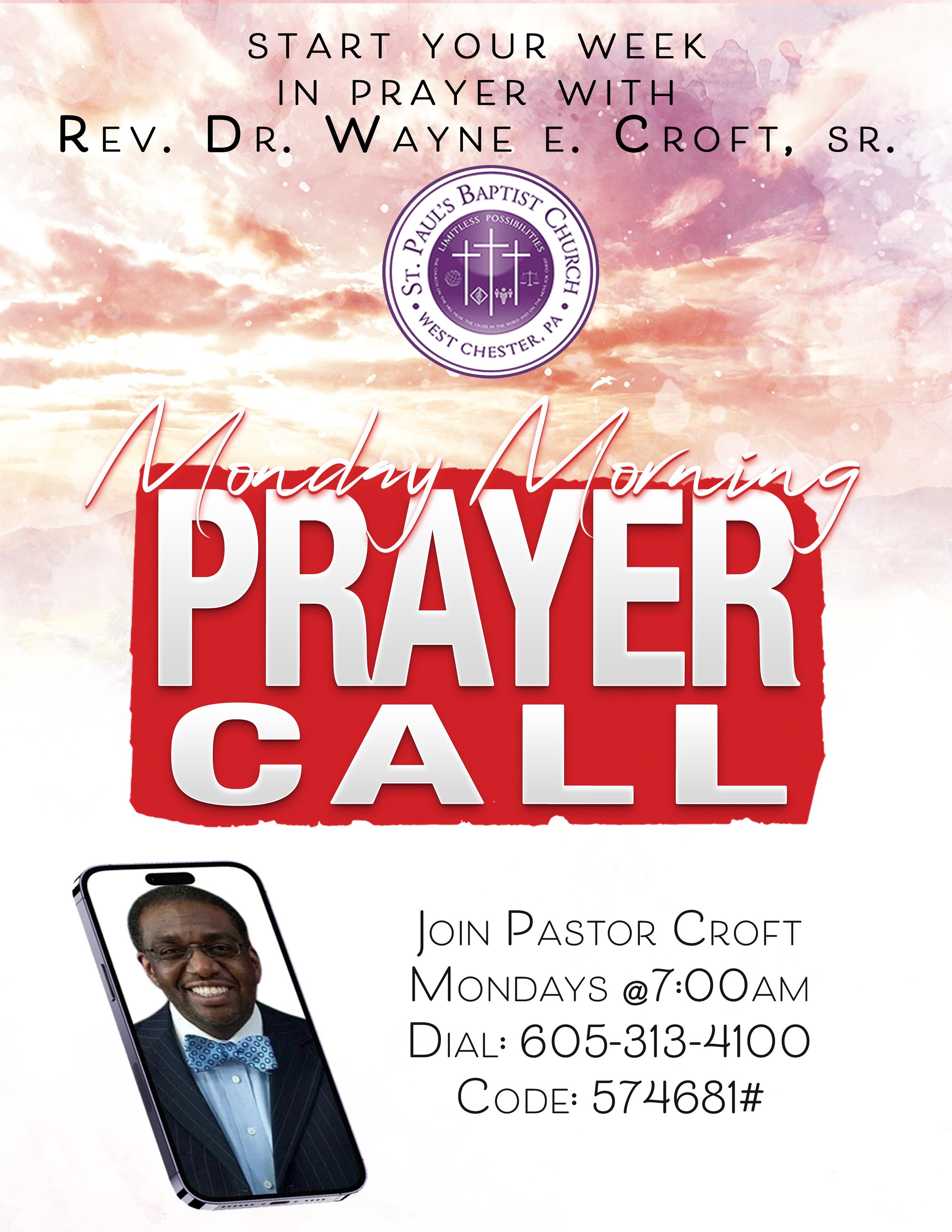
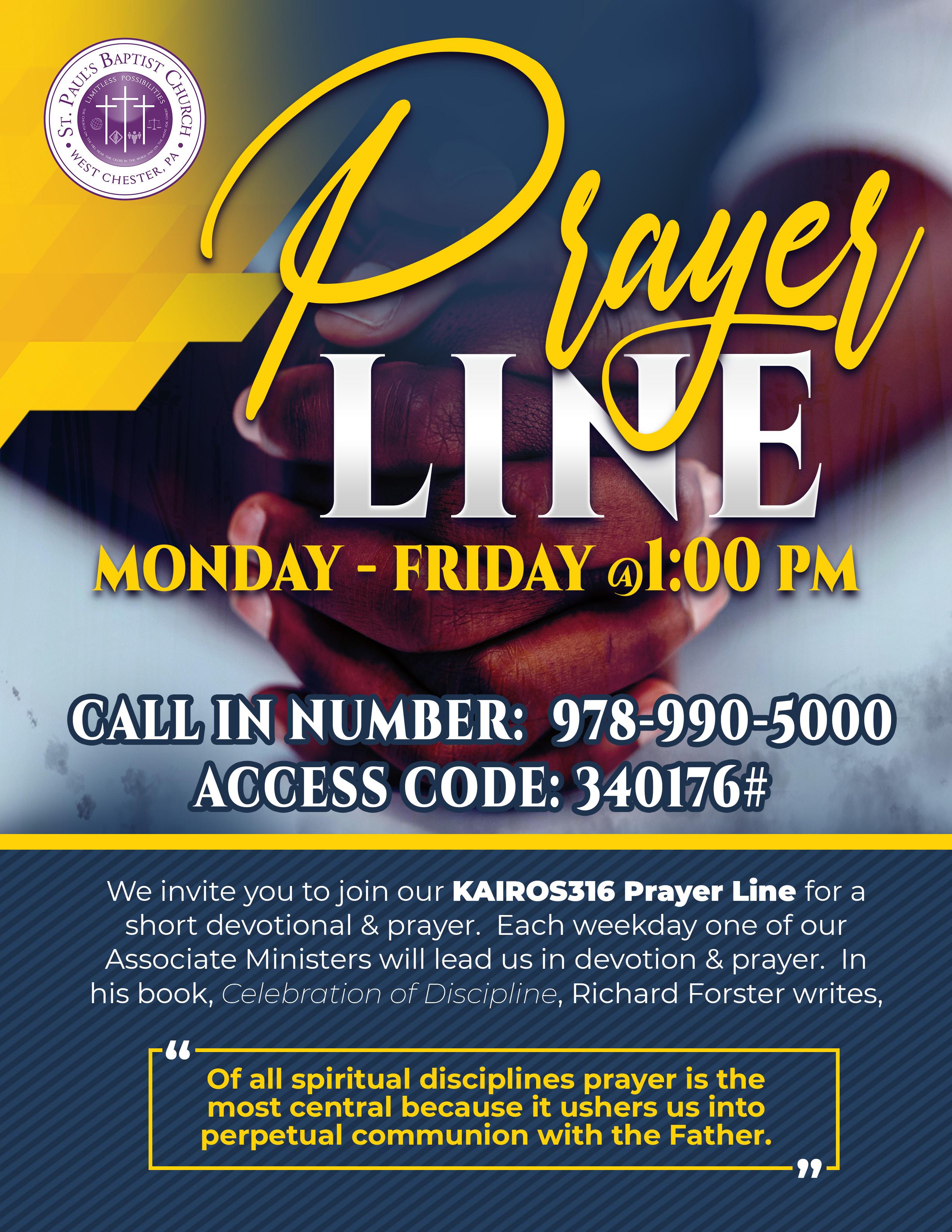






Meet Our Director
Withover25yearsinearlychildhoodeducationandsocialservices,Tonyahasled childcare programs with a focus on safety, learning, and family support. She previously served as Director of Compliance at VisionQuest, a national youth services organization. Tonya also founded Little Faces Childcare Center in West Chester, and she operated this thriving center for 15 years. Her extensive experienceensuresanurturing,high-qualityenvironmentforeverychild.
Our Programs


Infants (6 weeks - 13 months): Loving care in a nurturing environment to support early development.
Toddlers (14 - 36 months): Interactive activities that encourage independence and socialization. Preschool (3 years): Focus on foundational skills in reading, math, and emotional development. Pre-K (4 years): Preparing children for kindergarten with an emphasis on literacy and math. School-Age (5 - 12 years): Before and after-school care with STEAM activities, including arts, music, and technology.
Why Choose Us?
Affordable Care: We accept ELRC subsidies and offer a sliding scale for families who qualify.
Quality Care: Our program fosters creativity, curiosity, and confidence through hands-on learning. As a nonprofit childcare center, New Directions has the benefit of an array of partners, such as WCU, WCASD, and CCIU. Children enjoy enriching experiences guided by volunteer experts including S.T.E.M professionals, literacy specialists, and visual/performing artists,
Experienced Care: With over 30 years of experience, our nurturing and credentialed staff are dedicated to your child’s growth, safety, and development.

Well-equipped classrooms
Safe and secure play areas
Community Garden S.T.E.A.M Programming

Morris at (484)883-4165 for more information about our program and this offer.
